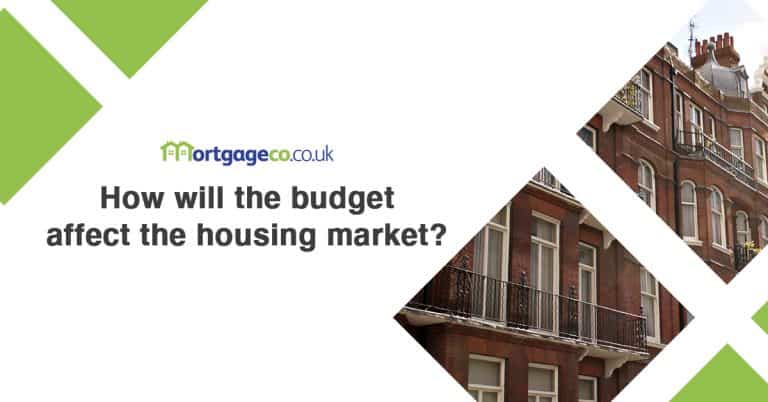Home Mover
Home » Home Mover
Home Mover Mortgages Frequently Asked Questions
Steven Hargreaves explains the home mover mortgage process.
What do we mean by home mover mortgages?
A Home Mover Mortgage is when you own your own property and you are moving house. You might be moving to a bigger house to accommodate your family – children being born, parents coming to live with you. Or you may be downsizing: you might be a little bit older and moving from a larger house to a smaller one.
Effectively it’s where you’re in home ownership and are moving into another home ownership.
What sort of moving costs need to be considered?
First you’ve got the estate agent who will sell your property – estate agency fees differ from area to area. In the South East and the London area fees can be significantly more expensive than in northern areas of the country.
I always encourage clients to obtain three valuations. When you’re looking at Rightmove, OntheMarket and Zoopla you’ll know who’s selling the most properties in your area, so approach them to look at your property and value it. Tell them that you’re going to get another two agents round and they’ll realise they have competition, so hopefully the fees won’t be too expensive. Do check what’s included in the quote they give you.
The other big one for a home mover is stamp duty, the tax that applies on any property over £250,000. If the purchase price is between £250,001 and £925,000 it’s 5% of that amount. If it’s £925,001 and £1.5 million it’s 10% and for properties over £1.5 million it’s 12% – that’s true at the time of recording in January 2023. Stamp duty rules do change quite frequently and have done over the last three or four years.
You would also need to pay solicitors’ fees which also differ significantly from location to location. Some solicitors might charge £2,000 for one transaction whereas others might be around £700 so, again, it’s beneficial to shop around. Look at Google reviews and see what other people are saying, or get a recommendation from an advisor or an estate agent.
You might also need removal transport. If you’re moving the length or breadth of the country it’s going to be considerably more expensive. You might look to do it yourself by hiring a van, or you could get a professional removal company. The different prices vary a lot. With a good removal company you would be insured which is always beneficial. In some cases you may have to put certain things into storage which could be an additional cost.
What I tend to do is work out how much this is all worth and look at the equity you might have in your property. If your house is worth £400,000 and you have a £200,000 mortgage, you have £200,000 in equity. That would ordinarily pay for stamp duty, estate agency fees, solicitors fees, removals etc. Then the balance can be the deposit for your ongoing purchase.
Speak To An Expert
Our team of experts are experienced in catering for a range of clients, needs and property types. With a vast array of qualifications and accreditation from the financial accreditation agency you can be confident of quality service and sound advice.
How much can I borrow as a home mover?
Borrowing on a mortgage is all based on income and expenditure. If you’re earning £200,000 you can obviously borrow a lot more than someone earning £20,000 a year.
A lender will look at your income and deduct your expenditure – such as loans, HP finance, credit cards and any other credit agreements. That’s how they will work out how much you can borrow.
What does porting your mortgage mean?
This is an important one. As I mentioned we’re in January 2023 and interest rates have risen over the last 12 months. So if I arranged your mortgage two years ago, you may be on a rate of around 1.5%.
Now, interest rates have gone up to around 4.5%, so it would be helpful to keep the rate you’re on. You could transfer or port that 1.5% rate over to your new house. Clearly that’s very attractive because it will keep your monthly repayments down.
How does the equity in my home affect my options?
Let’s say your house was worth £400,000 and you had an existing mortgage of £200,000. Imagine all your legal fees, stamp duty, estate agents, removals etc were going to cost you. £15,000 – then you would have £185,000 left over, which is your equity.
You can put that down against your new property. So the more equity you’ve got, the cheaper the interest rate would be, because you’re putting a bigger deposit down. I always encourage people to put as big a deposit down as possible to get a cheaper interest rate. You take the equity from your existing property, move that forward to your new house and then take a mortgage for the difference.
What else do we need to consider when moving house?
I would just advise that you shop around as you would for anything else. Look at different options for a mortgage, a mortgage broker, a solicitor, a removal company and an estate agent. That way you can ensure that you feel comfortable with whoever you’ve chosen in each profession.
Your home may be repossessed if you do not keep up with your mortgage repayments.
Why MortgageCo?
- Raising The standards of financial advice
- Making financial advice accessible to all
- Trusted & stress-free financial advice
- Friendly, personable advisors
Podcast Interviews With Our Team
As Seen In
















